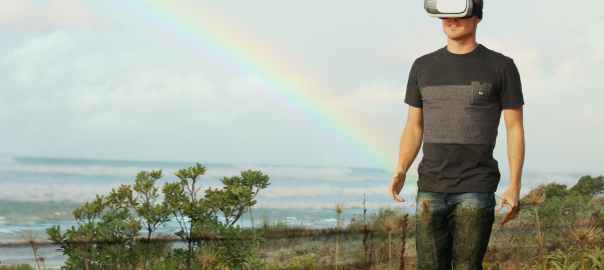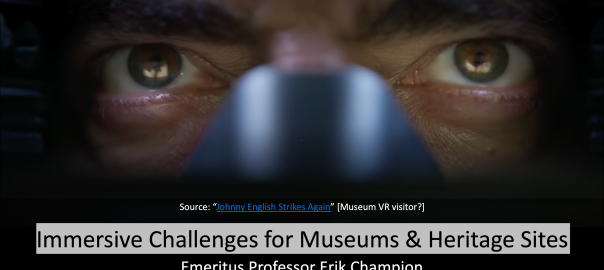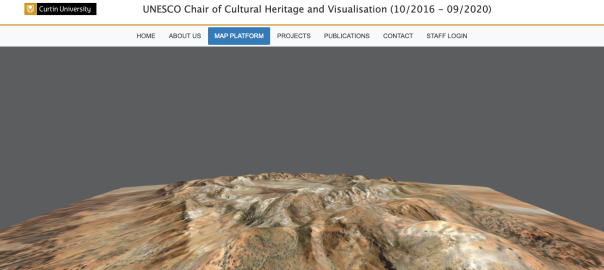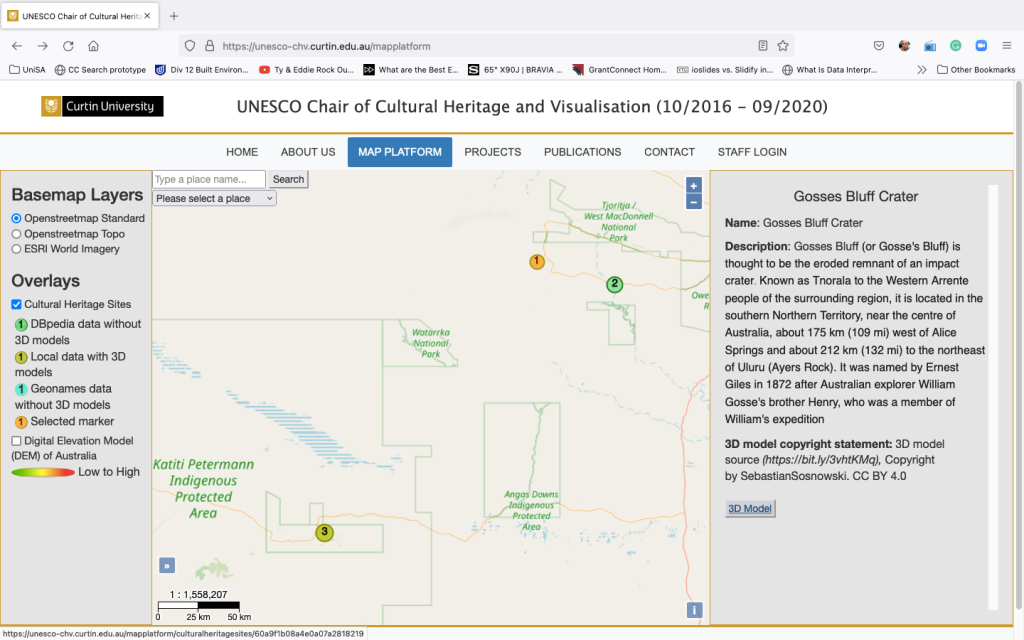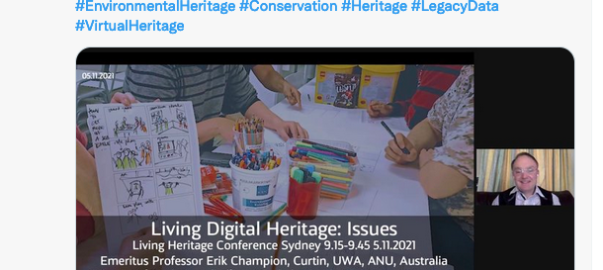In February I will have 2 PhD projects open for candidates to apply at this new (merged) Adelaide University- Filter “History, Heritage and Archaeology”
https://adelaideuni.edu.au/research/research-degrees/research-projects/
Radical Co-Design for Filtered Affective Digital Heritage via AR and WebXR
This project explores how technology like Augmented Reality (AR) and WebXR can enhance visitor engagement with Galleries, Libraries, Archives and Museums (GLAM), particularly dark tourism sites such as prisons, through game design and storytelling. The project focuses on Adelaide Gaol, one of Australia’s oldest colonial buildings. By involving volunteer communities and former prisoners’ families in the radical co-design process, the research aims to develop AR-based experiences that convey personal narratives that can be filtered and tailored to visitors. Key research questions explore utilising radical co-design for dark tourism sites, whether escape-room style game design enhances engagement and how effectively content can be personalised. The project will use low-cost, open-access tools throughout, and will generate new insights applicable across the GLAM and tourism sectors.
Game Prototyping for Museums and Galleries
This project will examine the development and design of game prototypes for use in museums and galleries with content specialists to create interactive, augmented, or immersive exhibitions and/or the evaluation of these exhibitions and works. A number of methods may be considered and investigated, including Figma, ShapesXR, Blueprints, physical game demos, and other methods. Possible outcomes of the project include non-traditional research outputs as well as contributions to theoretical disciplinary knowledge.

